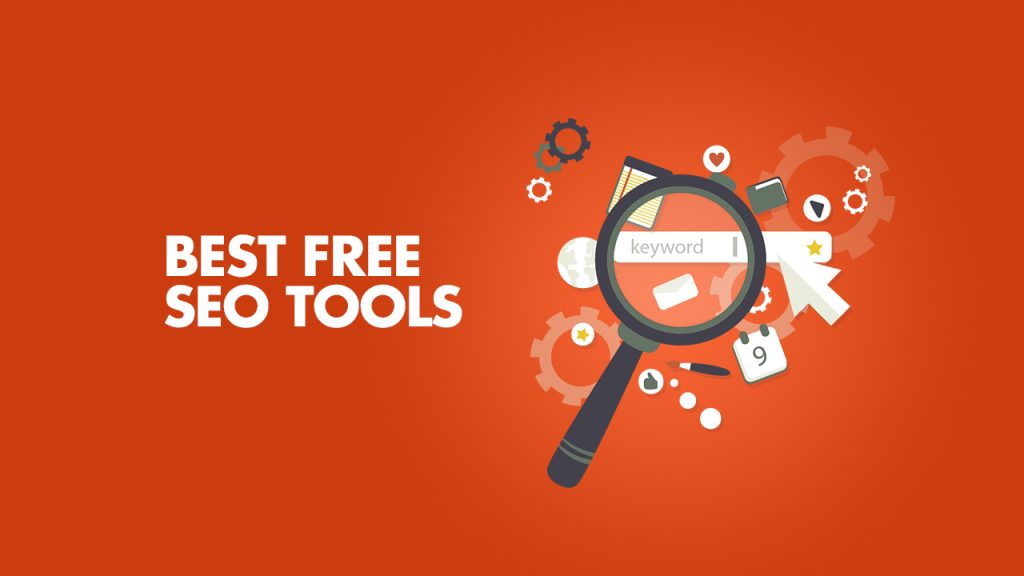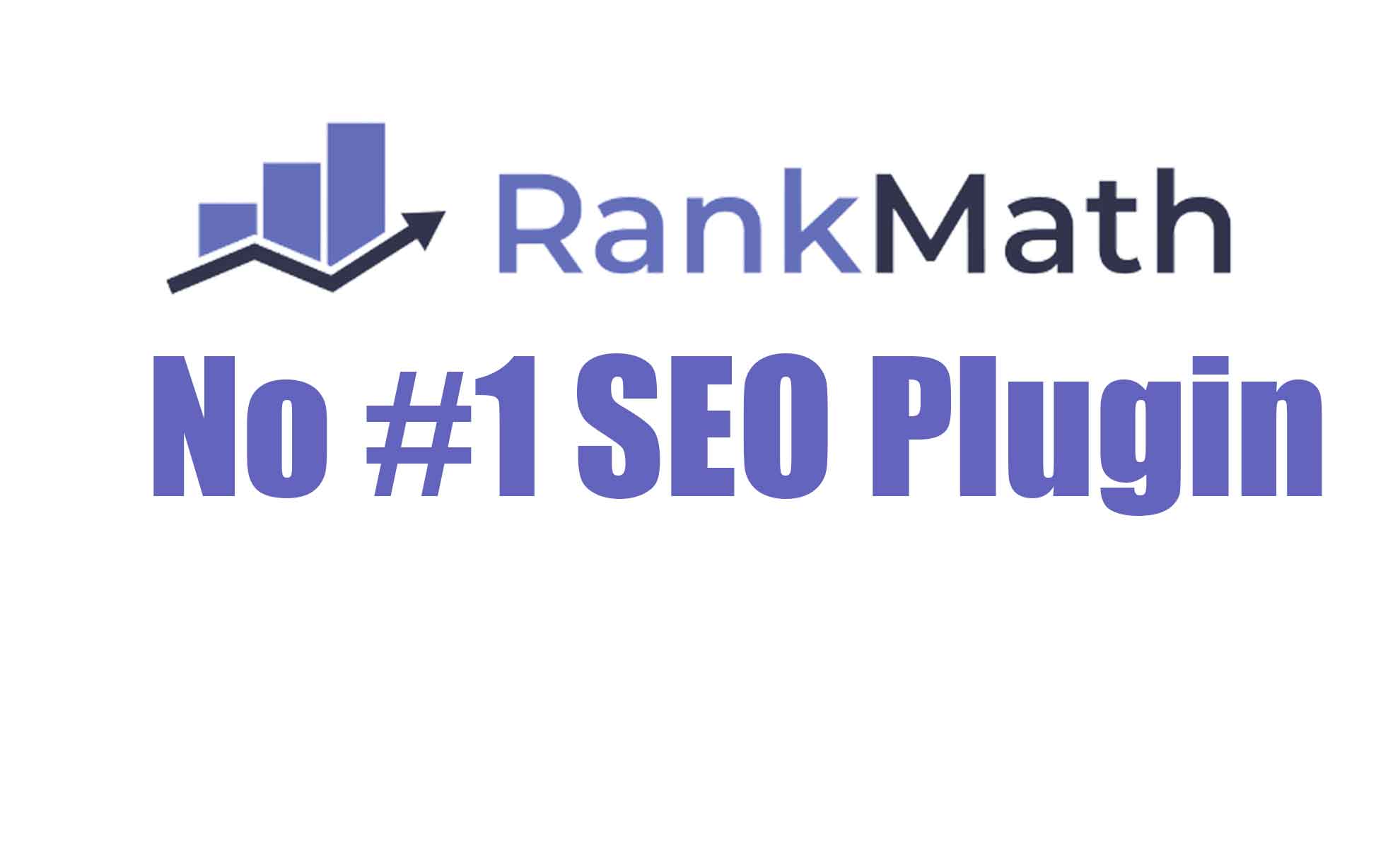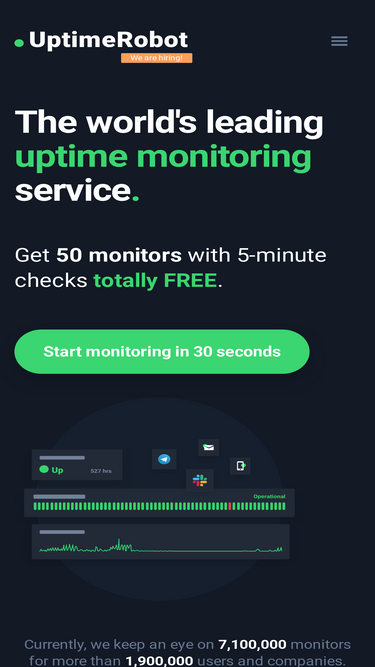
Should providers filter content?
 Greenhost
Member, Provider
Greenhost
Member, Provider
Should hosting providers have the right to filter or block content? Where do we draw the line between protecting users and censorship?
█ [GreenHost.Cloud | Reliable & eco-friendly Web Hosting Solution]
█ [Cloud > Website Hosting | WordPress Hosting | Website Builder | Email Hosting]

Howdy, Stranger!
It looks like you're new here. If you want to get involved, click one of these buttons!
Quick Links
Categories
- 8.2K All Categories
- 97 Announcements
- 1.6K General Talks
- 1.1K Shared Hosting Offers
- 298 Reseller Hosting Offers
- 2.9K VPS Hosting Offers
- 273 Cloud Hosting Offers
- 1.4K Dedicated Server Offers
- 14 Hybrid Server Offers
- 2 Colocation Offers
- 43 Domain Name Offers
- 4 Hosted Email Offers
- 91 Search Engine Optimization
- 329 Other Hosting Offers
- 46 Tutorials
- 1 Reviews
- 63 Black Friday, Cyber Monday and Celebration Offers







Comments
█ MivoCloud owns its Data Centers in Moldova and Romania.
█ Enterprise Class Cloud Hosting Services. Reseller KVM SSD VPS.
█ USA (Oregon), Moldova, Romania, Russia (Moscow)